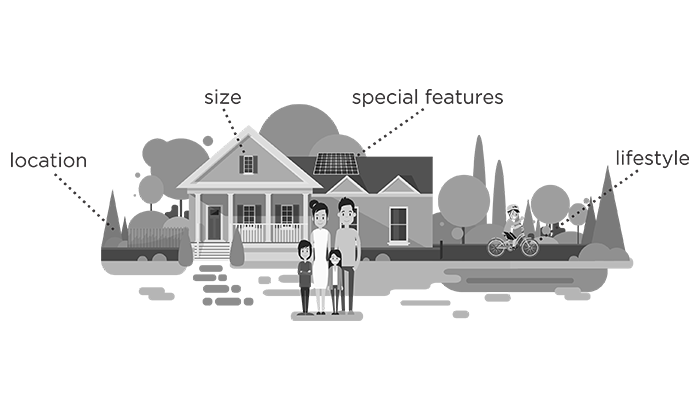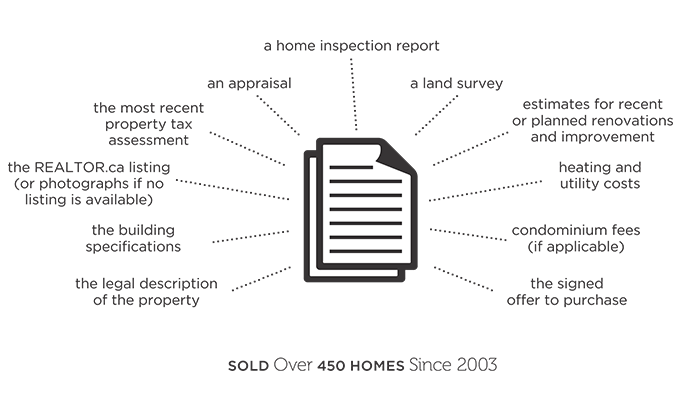The Do’s and Don’ts of Buying a Home.
Thinking of buying a home?
> Determine how much you can afford?
Get pre-approved! Only you can decide how much you feel comfortable spending on a home. Based on your down payment, income, existing debt, regular expenditures, and other key financial information, a mortgage broker or Banker can help you determine how much you can afford to pay every month and the price range of home that works within your budget.
> Find the right home
We are a team of 4 full time professionals searching for your just the right home for you! What do you want or need in a home? Look for a home that will meet your needs not just today, but 5 or even 10 years into the future
> Location
Do you want to live down town, rural area or North Nanaimo? Does the neighborhood have the look and feel that suites your style? Do you want to be close to work, school, shopping?
> Size
How may bedrooms or bathrooms do you need? Do you need a space for a home office or for extra storage? Do you need a garage?
> Special Features
Is a heat pump or a hot tub on your list? Is it important that your home be energy efficient?
> Lifestyle
Are you planning on having children? Do you have teenage children who will be moving away soon? Are you close to retirement? Do you want to live where you can go for walks or take your kids to the park? Is it important to you to live close to family and friends?

How long does it take to buy a home?
> Make an offer
When you’ve found a place that you’d like to call your own, we will help you draw up an offer to purchase to present to the seller. This legal document specifies the price, the closing date, and any conditions.
We hope to earn your long-term loyalty and trust by providing you with exceptional, personal customer service. We will do so by putting your needs first and caring for the outcome of your negotiations. We take your satisfaction personally and look forward to the opportunity to earn your trust.

After you buy your home.
Maintain your home and protect your investment. Becoming a homeowner is a major responsibility. It’s up to you to take care of your home and protect what is likely your biggest investment
Plan for the cost of operating a home. You will have several outgoing costs besides your mortgage, property taxes and insurance. Maintenance and repairs costs are at the top of the list, along with other daily expenses.
Live within your budget. Prepare a monthly budget and stick to it. Take a few minutes every month to check your spending and see if you’re meeting your financial goals.
Save for emergencies. Your home will need some major repairs as it ages. Set aside an emergency fund to make sure you are prepared to deal with unexpected expenses.
Common Mistakes When Buying Real Estate
> 1. Not getting pre-qualified for a mortgage
Before looking for your next home take the time to get pre-qualified by the bank or mortgage broker you choose. This can save you hours of searching for homes in the wrong price range or worse, purchasing a home and then finding out you don’t qualify for financing. Pre-qualifying gives you peace of mind, helps narrow your search criteria and most importantly, gives your RE/MAX agent a negotiating edge by being able to alleviate the sellers concern over financing. The latter is especially important should a competing offer surface.
> 2. Not shopping for mortgage terms
Rates are negotiable! Banks will sharpen their pencils to get your business especially if you have a good credit rating and bring other business to them e.g. RRSP’s, general account, savings etc. Posted rates should viewed as a starting point. You need to know what the best rate is and this is usually done by get competitive quotes. Also, ask whether the bank will cover appraisal fees, and about buy-out fees, penalties, payment options, portability etc. The time spent can save you thousands of dollars over the life of the mortgage.
> 3. Not getting professional inspections
Nobody wants to purchase a home only to find out later there are defects, latent or otherwise. Ensure you obtain inspections where needed e.g. home inspection, structural engineer, insect, radon etc. If the inspection identifies deficiencies you may be able to negotiate the purchase price to cover required repairs or make your satisfaction of the inspection subject to the homeowner remedying the problem. Your RE/MAX agent can advise you on inspections you should consider.
> 4. Not using a professional real estate agent
Your RE/MAX agent can help you make a purchase with the least amount of problems. He or she can ensure the price you pay is market value. They can offer expert advice on what to look for, conditions to include, negotiation strategy etc. After all, they work for you.
> 5. Buying first before selling
If price is important you should always sell your present home before buying another. It has the advantage in letting you know exactly how much money you will have available for your next purchase. Selling your home first allows you to place fewer conditions on your purchase which makes your offer more attractive to a seller. They often will demand more money to take a “subject to” offer which takes their home off the market. The other advantage is if you find a terrific house, chances are others will also find it attractive and you stand to lose it if you can’t make an unconditional offer.
> 6. Not knowing the full cost of home buying
Know all the costs associated with your purchase. Consider the following costs: legal fees, transfer tax, property taxes, new home landscaping, fencing, appliances, window coverings.